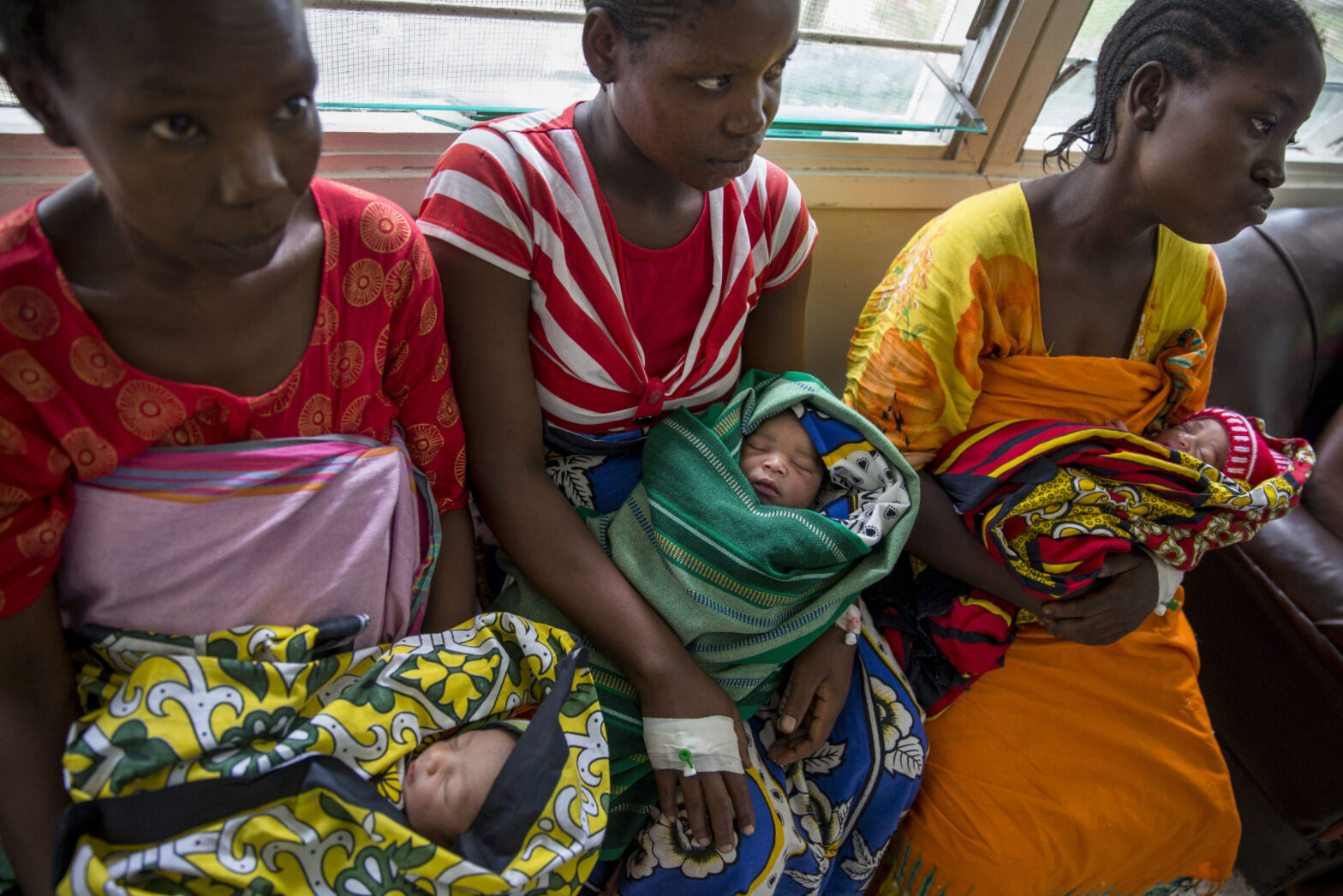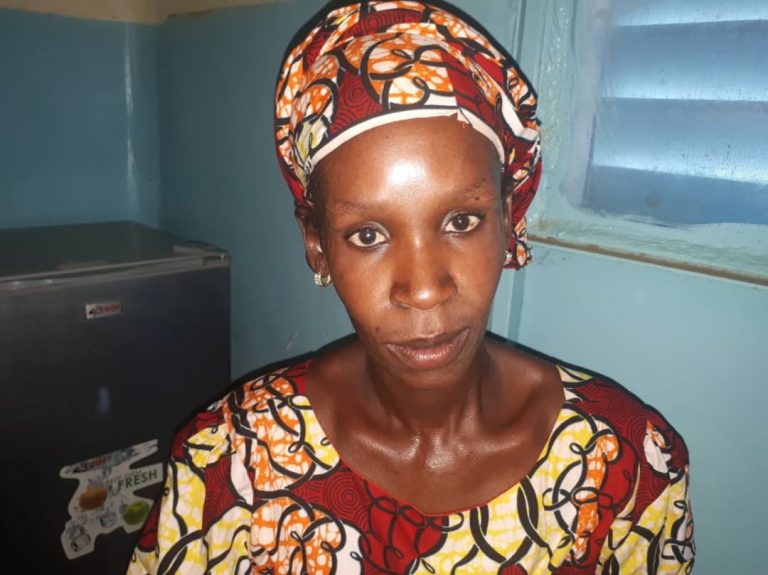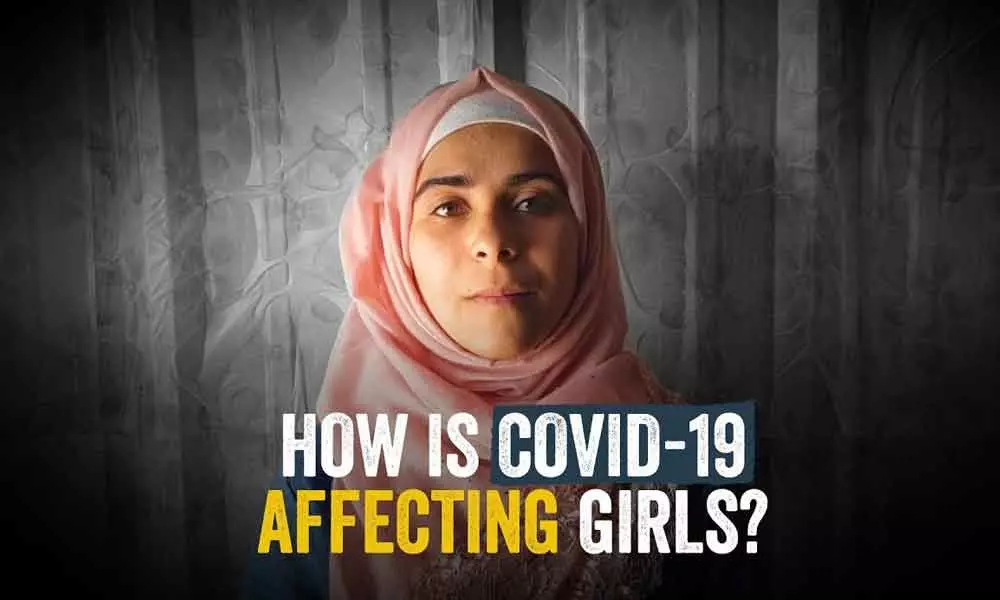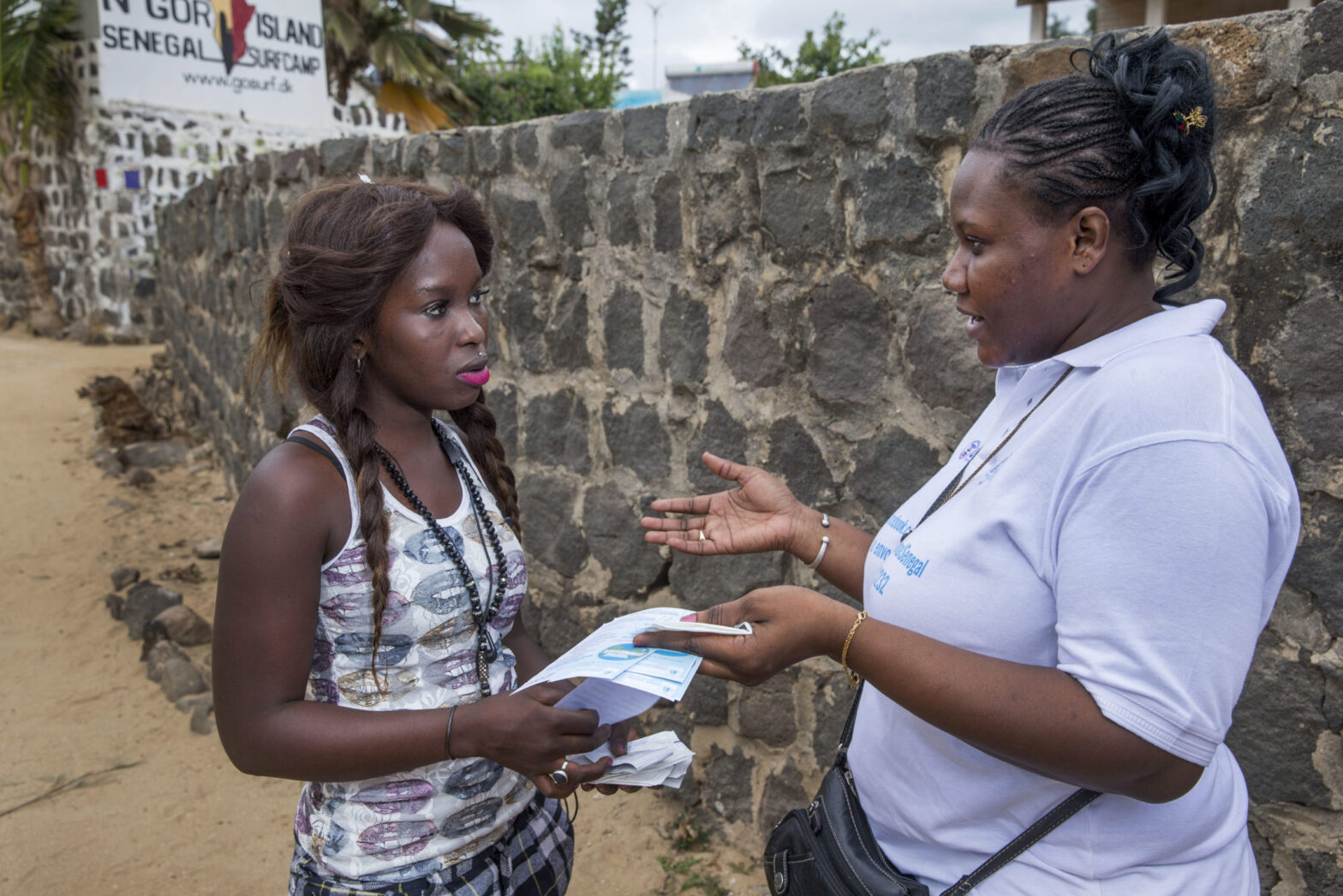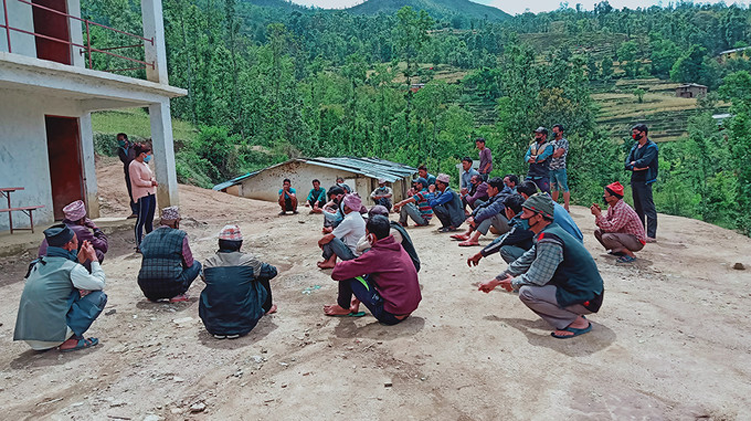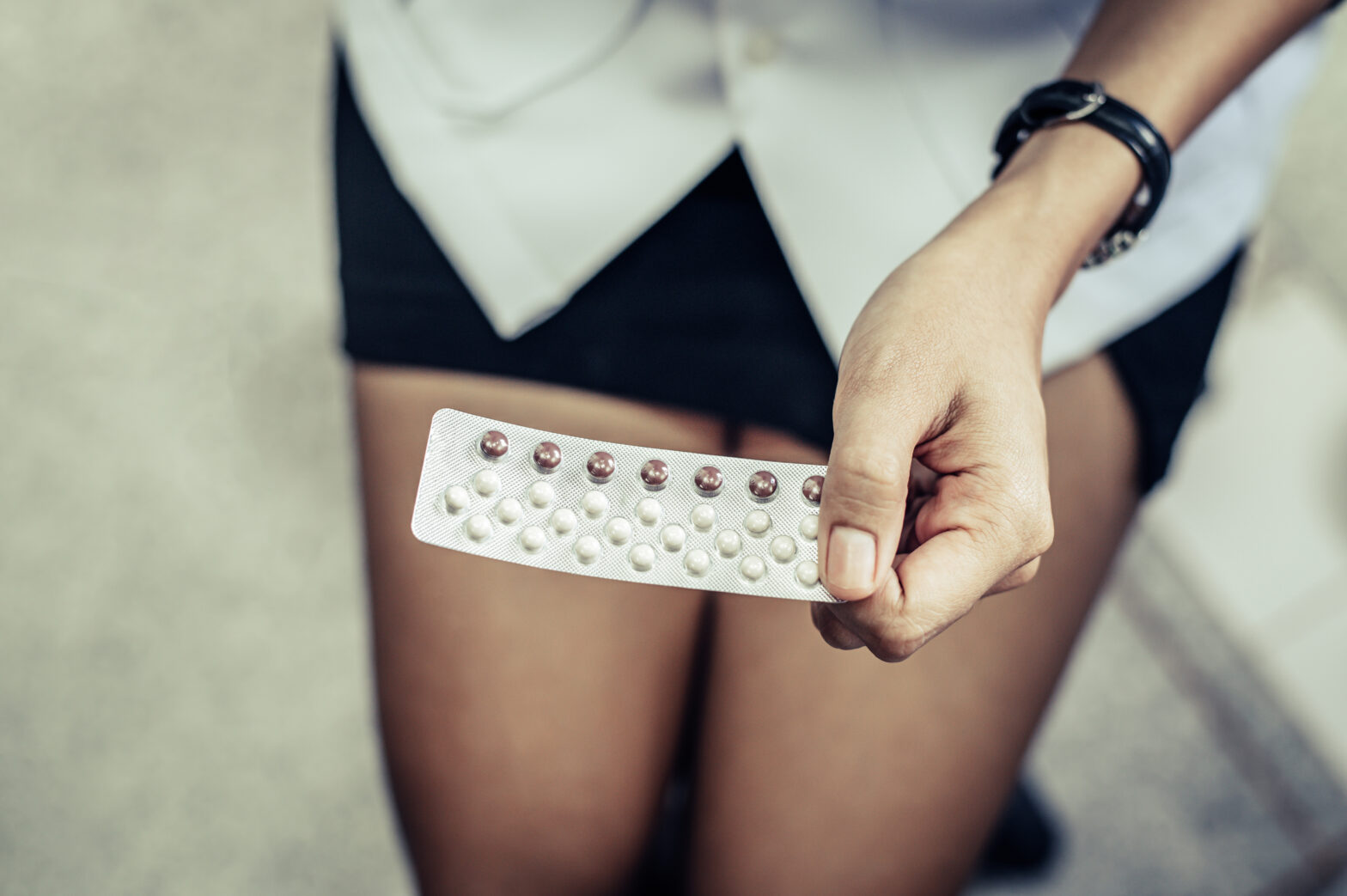This manuscript presents the study protocol, documenting how the study team intends to determine key factors that influence uptake of postpregnancy FP.
Category: In the News
Curtailing Nigeria’s Teeming Population Through Unrestricted Access to Family Planning
There is growing call for unrestricted access to sexual and reproductive health (SRH) services by every woman to curb Nigeria's teeming population, projected to rise at an average of six million yearly, according to the Population Reference Bureau (PRB).
Unintended Consequences of the COVID-19 Pandemic on the Sexual and Reproductive Health of Youth
The 2020 novel coronavirus (COVID-19) pandemic has led public health officials to recommend a reduction in routine healthcare services. These services are limited to life-saving and urgent evaluations to limit the spread of infection, protect healthcare workers, and conserve personal protective equipment.
Sindh to boost CPR by 50% before 2030
Expert says Sindh govt is only one to develop family planning guidelines amid pandemic
How Senegal is Providing Reproductive Health Services to those Who can Least Afford it
Pregnant with her second child, 30-year-old Ndiabou Niang was enduring pelvic pain, but couldn’t afford to access prenatal care in Diabe Salla, a village on the outskirts of the small town of Thilogne in north-east Senegal. Her husband was unemployed and her earnings of under CFAF 10,000 (17 USD) from selling seasonal fruits in the local market were insufficient to make ends meet.
Population Foundation of India assesses impact of Covid 19 on women and girls
The COVID-19 pandemic and subsequent countrywide lockdown measures have affected all aspects of our social and economic lives. Public health responses and policies are yet to adequately address the specific needs of vulnerable populations. The effects of the pandemic threaten to reverse the limited progress made on gender equality and women's sexual and reproductive health.
World Population Day: BKKBN campaigns against unwanted pregnancy
The National Population and Family Planning Board (BKKBN) remains committed to the family planning campaign amid concerns about the impact of the COVID-19 pandemic on demographics.
The Health System Costs of Postabortion Care in Senegal
Unsafe abortion is common in Senegal, but postabortion care (PAC) is not accessible to some women who need it, and the cost to the health care system of providing PAC is unknown.
Meeting family planning needs in Nepal’s quarantine centres
Amid the COVID-19 pandemic, visiting service providers are coordinating with local authorities to help make sure women do not lose access to these services.
Doing Things Differently: What It Would Take to Ensure Continued Access to Contraception During COVID-19
Key Messages COVID-19 may fundamentally change women’s contraceptive use, thus altering the range of supplies that will be required in the near term. Policy makers will need to consider country realities and explore service delivery adaptations to meet these changing needs. Existing data can quantify potential shift in contraceptive use to help inform decisions. Donors,… Continue reading Doing Things Differently: What It Would Take to Ensure Continued Access to Contraception During COVID-19
